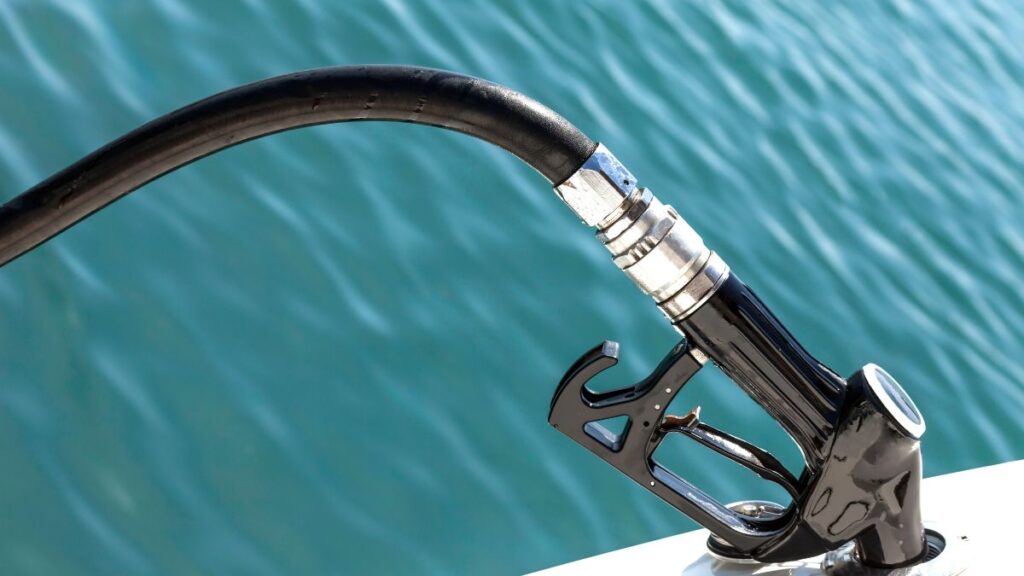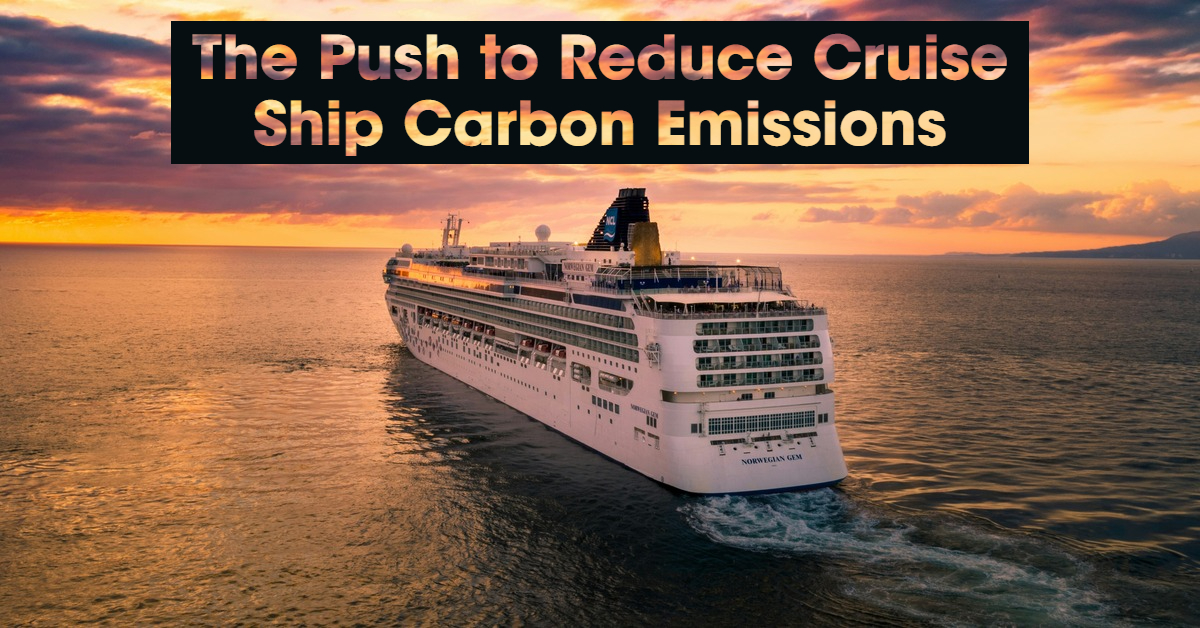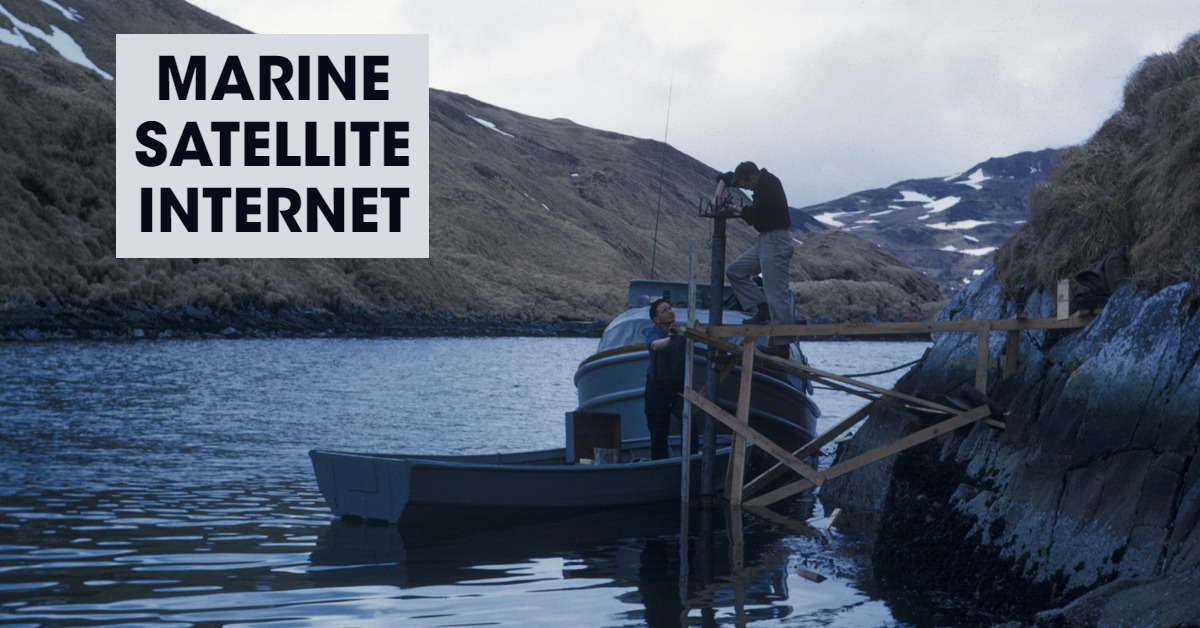
Your passion for maritime travel brings a unique sense of excitement and reward, whether you’re a proud boat owner or an avid cruise lover. And as we navigate each day, this rewarding experience is set to become even more fulfilling thanks to advancements in sustainable boating fuel sources for the future.
These innovative alternatives are poised to redefine our voyages, making them more environmentally friendly without compromising on performance. So, anchor up and read on to learn more about these exciting developments that are charting a new course for our beloved maritime adventures.
Understanding How Fuel Is Processed
Fuel processing begins with feedstocks, domestic fuel resources such as landfill gas, municipal solid waste, waste oils and fats, and non-food energy crops. These resources undergo conversion processes to evolve into fuels that we use in our daily lives. The type and quality of feedstock, along with the conversion method, significantly affect the sustainability of the resultant fuel. Cleaner feedstocks and conversion processes yield a better, more sustainable fuel source.
For instance, refiners can convert waste oils and fats into biodiesel, a renewable energy source. Similarly, the oil and gas industry processes non-food energy crops like switchgrass and miscanthus, turning them into bioethanol. The key here is to ensure that the feedstocks are abundantly available, renewable, and have minimal environmental impact during their conversion into fuel.
Drop-In Fuel Alternatives
Drop-in fuels refer to sustainable fuel sources that are compatible with existing marine engine infrastructures. While they may not be the cleanest options, they do not necessitate significant advancements in engine design. This compatibility allows for a swifter integration of these fuels into the boating industry.
Renewable diesel produced from yellow grease feedstock, bio-crude generated from manure or sludge feedstock, and hydrotreated vegetable oils derived from vegetable feedstock are all examples of drop-in fuels. Maritime vessels powered by ammonia also demonstrate the practical application of drop-in sustainable fuel alternatives.
Zero-Emission Alternatives
Zero-emission fuel options typically necessitate more research and development as they often require changes to engine design and infrastructure. Unlike drop-in fuel options, they are not as easily integrated into existing systems. Examples of these fuels include bio-methanol produced from woodmass feedstock, bio-based natural gas derived from sludge feedstock, and electric batteries. With time, these fuel options will become industry standard due to their renewable and sustainable characteristics!
Each of these elements plays a unique role in shaping our approach to energy consumption. We can make informed decisions that promote sustainable boating fuel sources for the future by taking the time to understand the origin of our fuels!
- What To Bring on the Boat for a Day Trip – February 15, 2024
- International Shipping: How To Safely Transport Liquid – February 9, 2024
- Filtration Solutions for Maritime Applications – February 8, 2024




Leave a Reply